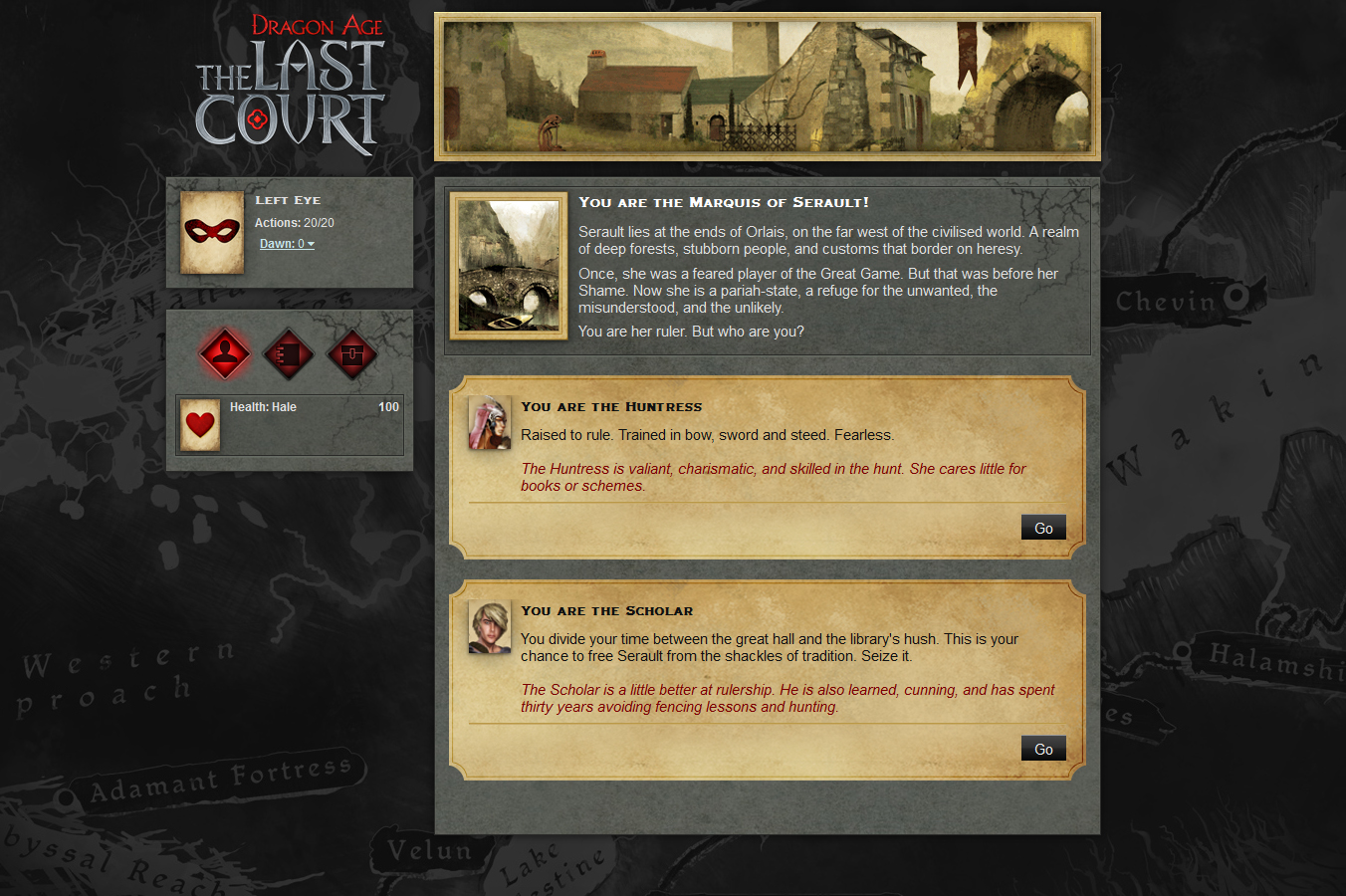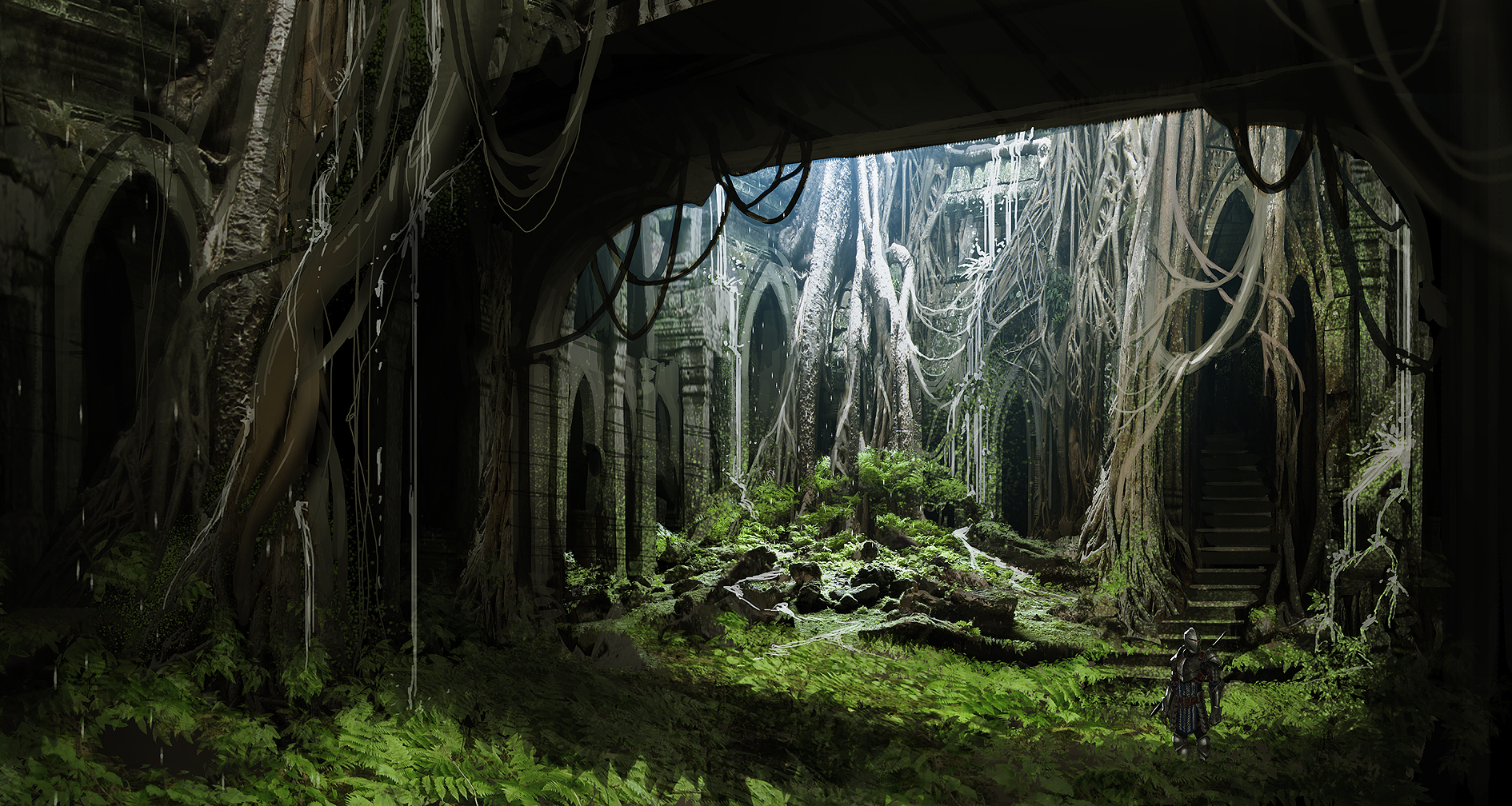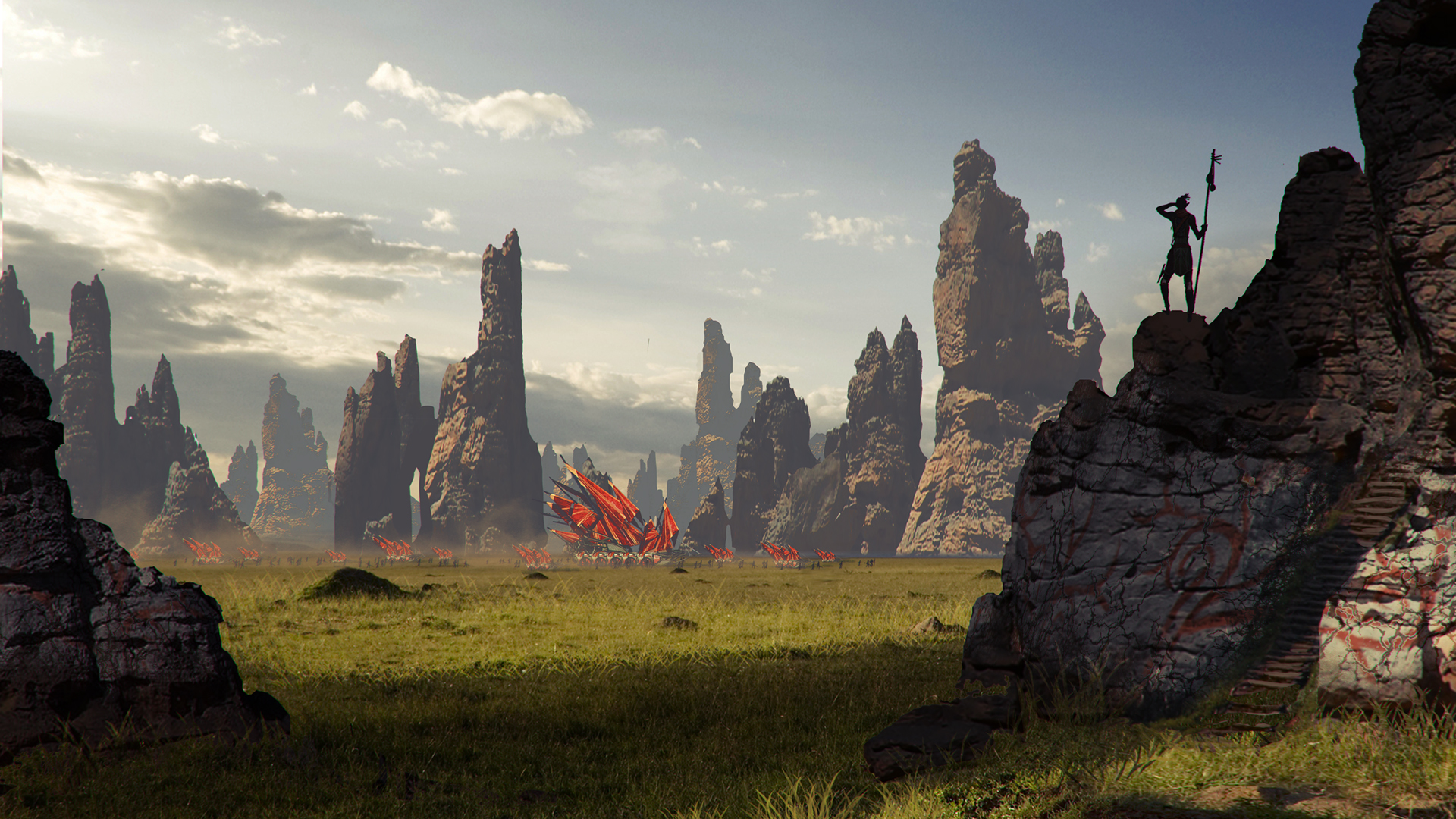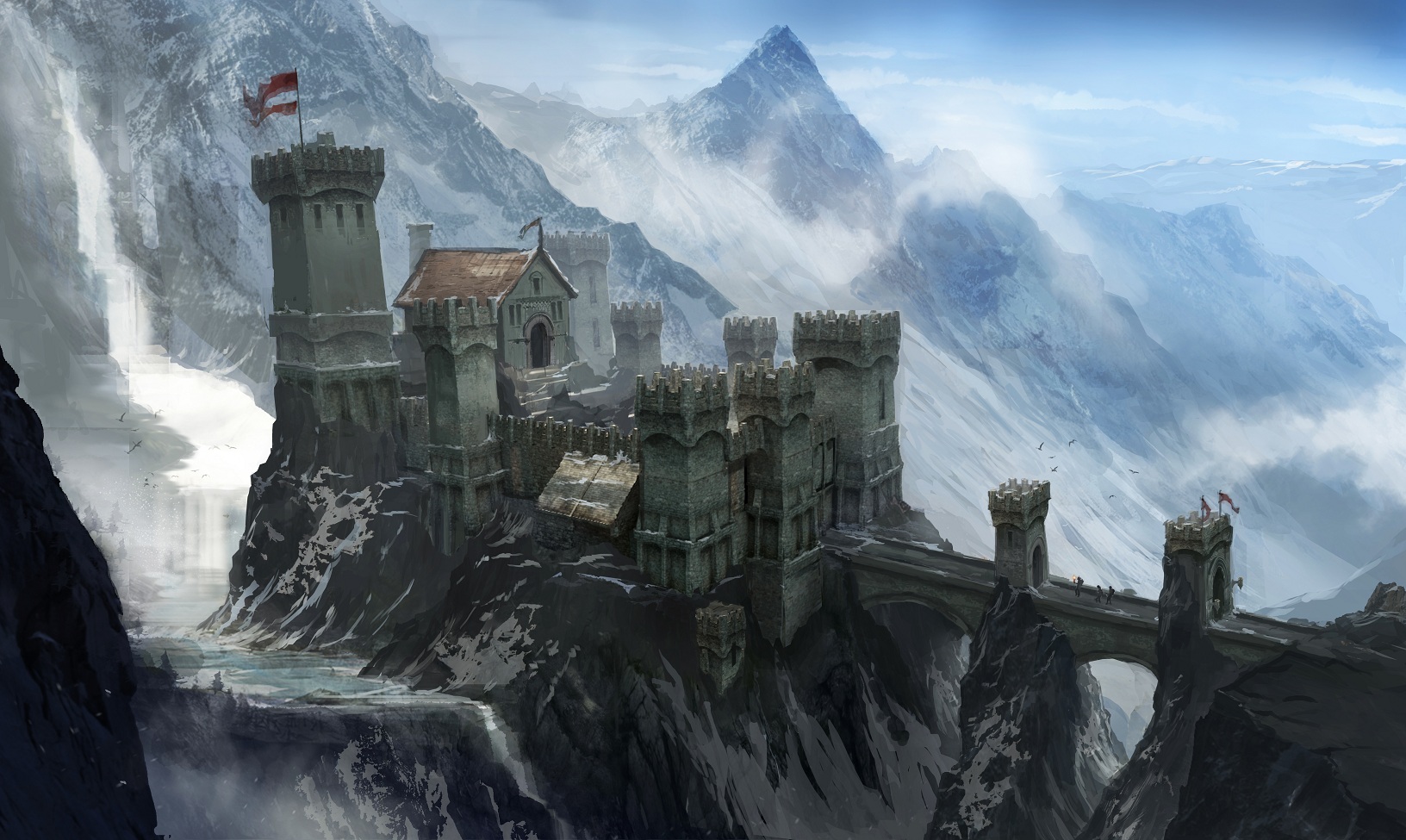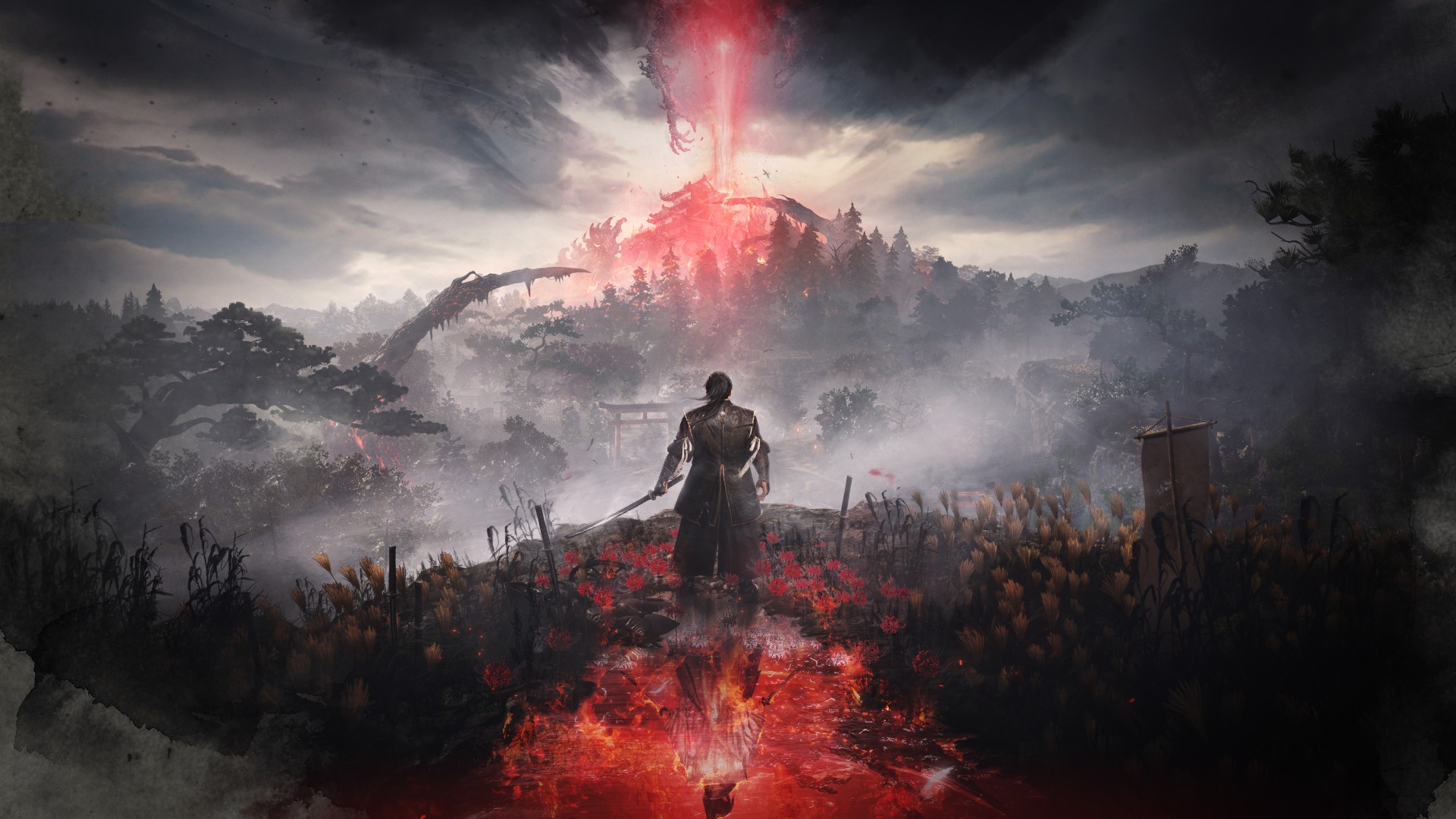I'm mourning the Dragon Age game I missed my opportunity to play
Dragon Age: The Last Court featured some of the series' very best writing. Or so I'm led to believe.
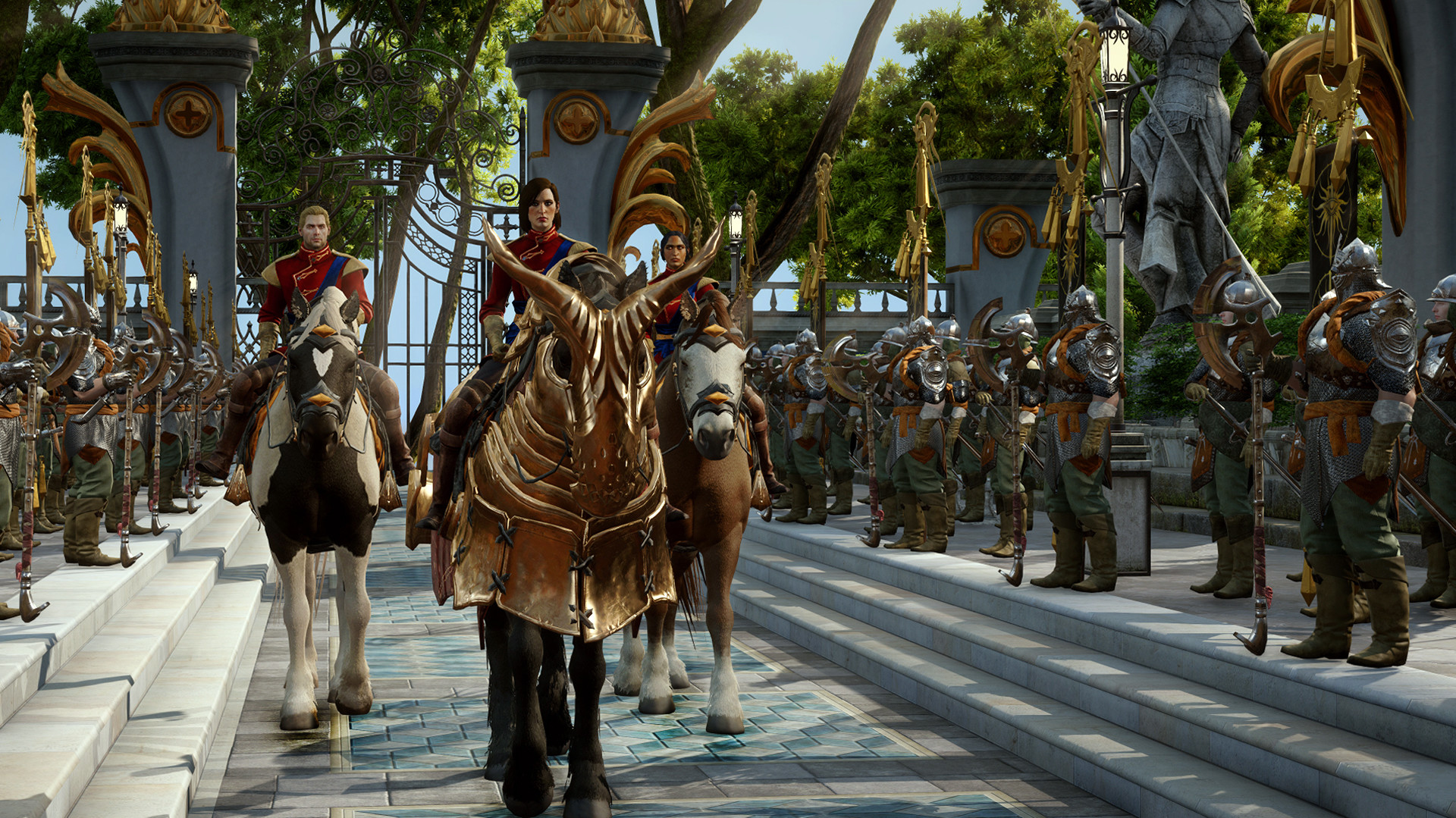
Keep up to date with the most important stories and the best deals, as picked by the PC Gamer team.
You are now subscribed
Your newsletter sign-up was successful
Want to add more newsletters?

Every Friday
GamesRadar+
Your weekly update on everything you could ever want to know about the games you already love, games we know you're going to love in the near future, and tales from the communities that surround them.

Every Thursday
GTA 6 O'clock
Our special GTA 6 newsletter, with breaking news, insider info, and rumor analysis from the award-winning GTA 6 O'clock experts.

Every Friday
Knowledge
From the creators of Edge: A weekly videogame industry newsletter with analysis from expert writers, guidance from professionals, and insight into what's on the horizon.

Every Thursday
The Setup
Hardware nerds unite, sign up to our free tech newsletter for a weekly digest of the hottest new tech, the latest gadgets on the test bench, and much more.

Every Wednesday
Switch 2 Spotlight
Sign up to our new Switch 2 newsletter, where we bring you the latest talking points on Nintendo's new console each week, bring you up to date on the news, and recommend what games to play.

Every Saturday
The Watchlist
Subscribe for a weekly digest of the movie and TV news that matters, direct to your inbox. From first-look trailers, interviews, reviews and explainers, we've got you covered.

Once a month
SFX
Get sneak previews, exclusive competitions and details of special events each month!
Weird Weekend is our regular Saturday column where we celebrate PC gaming oddities: peculiar games, strange bits of trivia, forgotten history. Pop back every weekend to find out what Jeremy, Josh and Rick have become obsessed with this time, whether it's the canon height of Thief's Garrett or that time someone in the Vatican pirated Football Manager.
How many Dragon Age games would you say there are? Only four, right? Origins, its sequel, Inquisition and last year's Veilguard. Not many, for a beloved franchise spanning a decade and a half at a major publisher. But then the BioWare team behind the series was often characterised as a pirate ship by colleagues: sailing haphazardly between projects and often drifting off course as it found its way to its next hit.
Certainly, there was never a straightforward follow-up that built directly on the success of Origins. BioWare's pirates were routinely tossed about on the rough seas of EA's whims, following mandates for tight budgets or new engines or live service features. Those internal skirmishes added years to the development of mainline Dragon Age games, and we got fewer of them as a consequence. It's hard not to talk about the series in the past tense, given EA's apparent disdain for a nerdy universe in which nobody carries either a ball or a gun.
Where can one find more Dragon Age, then? In the novels, which are in my experience rather good, written by lead writers of the series like Trick Weekes and David Gaider. In expansions like 2010's Origins: Awakening, well-received yet frequently forgotten. And, buried amid the Flash-based Facebook distractions and long-dead mobile spinoffs, there's a sole survivor on Newgrounds: Dragon Age Journeys. It's a briefly charming turn-based affair set under the earth, amid the dwarves and the darkspawn. But even that was cancelled after its first episode.
In that latter graveyard of browser games lies the saddest loss to the series—Dragon Age: The Last Court. Built by Failbetter, the developer of Sunless Sea and Sunless Skies, it was a game of lordship, in which you managed the affairs of an eccentric fiefdom at the edge of Orlais (France for dweebs). You'd choose a bodyguard, a counsellor, a lover. You'd steer your realm through a crucial period of potential relegation, where the ranking of fiefdoms is concerned—tackling bandits and revolutionaries and creepy things in the forest, while uncovering secrets across multiple playthroughs.
"What lies in the Sealed Chantry?", wrote Failbetter narrative director Chris Gardiner. "Who is the Horned Knight? Who is behind Serault's recent troubles?"
Well, I don't think I'll ever know. Because The Last Court existed for a six-year span during a period when I was a lapsed Dragon Age fan. After which, it popped its clogs in the pandemic. Servers never stay on forever, and EA is particularly brutal in this regard: BioWare's second-most-recent game, Anthem, is shutting down early next year.
I have a strong sense of what The Last Court must have been like to play, however, having recently become obsessed with Failbetter's Fallen London. Like that masterpiece of interactive Victoriana, The Last Court was almost entirely text-led, spinning its world from the kind of ambitious prose that's typically consigned to codexes in 3D RPGs. You would draw cards, each representing a visit from a subject or a new event within your borders, and read all about it—choosing how to respond in the process. Some choices would involve a risk, a dice roll that drew on your skill level in something like scholarship or derring-do, and the outcome would influence the overall health of the realm.
Keep up to date with the most important stories and the best deals, as picked by the PC Gamer team.
Court management, of course, is an activity with its roots in the days of classic BioWare. In Baldur's Gate 2 you could take on the ruling of a stronghold, tax the peasants, and deal with the complaints of bandit-dogged merchants, who claimed you weren't policing your lands effectively enough. As a spiritual successor, Obsidian's Pillars of Eternity revived the stronghold. And Dragon Age: Inquisition's war table riffed on a similar idea—that there were important things going on in the world, beyond the corners of your dialogue box.
Characters in The Last Court came with oblique, Failbettery names like the Acerbic Dowager, the Purveyor of Teas and the Well-Read Pig-Farmer. But I notice that one, named the Scornful Sorceress, had a familiar face. "This is not a childhood I recognise," she would say, watching the courtiers' kids at play. "The games my mother encouraged were less innocent." It's only a proper Dragon Age game if it has Morrigan in it.
I can still quote The Last Court because fans have peppered parts of it liberally throughout the Dragon Age wiki. Once EA announced the game's shutdown, a diligent effort was made to save everything that could be screenshotted. Players coordinated via BioWare's forums and Reddit, exploring as many avenues of The Last Court as possible over the course of the seven real-world days it took to finish any given playthrough.
Their efforts are to be applauded, but in some ways only increase the retroactive FOMO. A wiki is not a game, unless you're playing Neurocracy. Cataloguing The Last Court's additions to the lore is not the same as experiencing it as a choose-your-own-adventure mystery or strategic management sim. And a once-public Google Drive, stuffed with images from the vanished game, has long since expired.
We live in an era where MMOs can be brought back from the dead through sheer fan ingenuity, and even granted official recognition by their original publishers—saving them from the fear of sudden takedown notices. But, while I'd love to be proven wrong, something tells me that this isn't EA's style. And in 2025, BioWare is fighting for its life and its soul—in no fit state to advocate for a project only a hardcore subset of its fanbase remembers.
Instead, I'm finding solace in something that Failbetter has often mined in its stories: the romance of the buried place that you can never quite reach. It is the very unattainability which makes you all the more eager to visit that forgotten city, to catch a glimpse of its crumbling pillars or lost literature. It's the same distance that allows it to live as a gleaming wonder in your mind—freed of the imperfections and mundanities that come from contact with reality. I'll say this for my experience of The Last Court: there is no way to be disappointed by the game you can never play.
Jeremy Peel is an award-nominated freelance journalist who has been writing and editing for PC Gamer over the past several years. His greatest success during that period was a pandemic article called "Every type of Fall Guy, classified", which kept the lights on at PCG for at least a week. He’s rested on his laurels ever since, indulging his love for ultra-deep, story-driven simulations by submitting monthly interviews with the designers behind Fallout, Dishonored and Deus Ex. He's also written columns on the likes of Jalopy, the ramshackle car game. You can find him on Patreon as The Peel Perspective.
You must confirm your public display name before commenting
Please logout and then login again, you will then be prompted to enter your display name.
